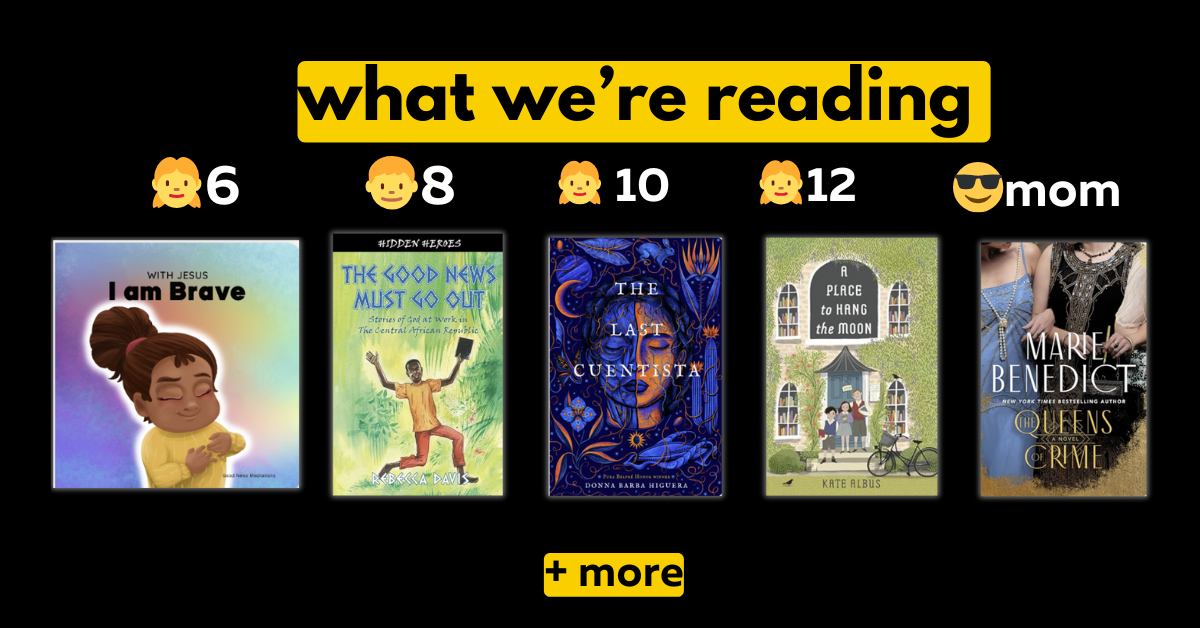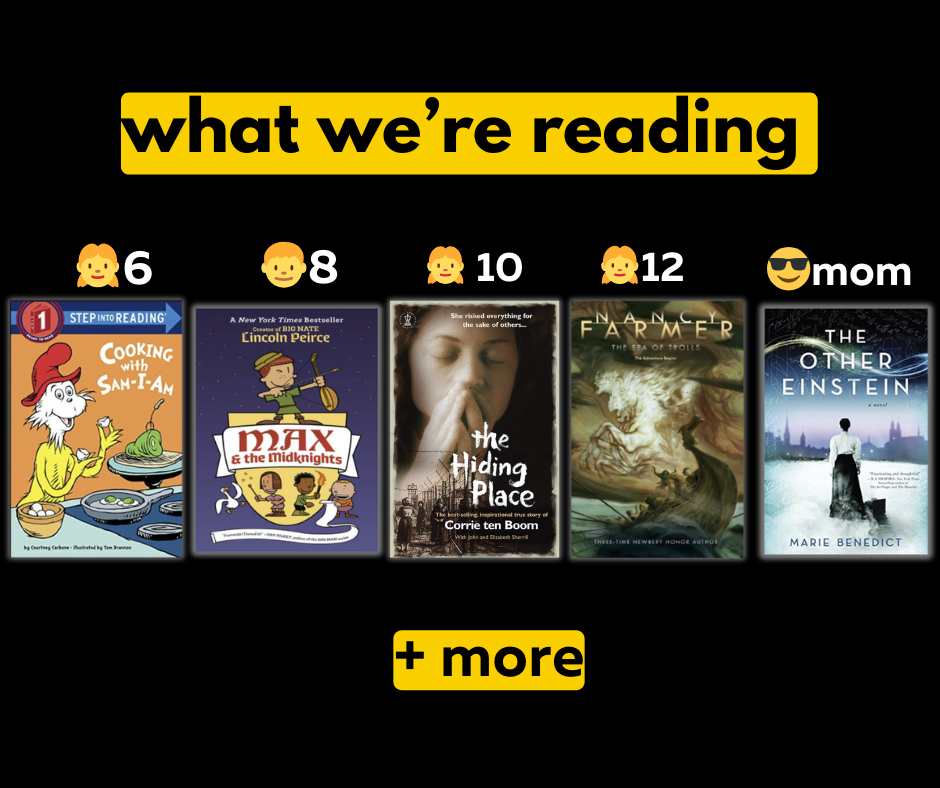
3 Signs Your Child Is Ready for Public Speaking Support (and Why It Matters)
Let me guess—you’re watching your kid explain something they know, but they’re stumbling over their words, shrugging halfway through, or looking at the floor like the answer’s hidden in the carpet.
And you're thinking:
“They’re smart. Why is it so hard to say it out loud?”
First of all: you're not alone.
Second: your child doesn't need to be"fixed” (yuck... hated typing that)—they just need a little support in learning how to express themselves clearly and confidently.
Let’s talk about three signs your child might be ready for some gentle public speaking practice—plus why it matters way more than just class presentations.
1. They Avoid Speaking in Groups (Even When They Know the Answer)
If your child shuts down during group conversations, hesitates to answer questions out loud, or whispers everything to you instead of speaking up around others… that’s not necessarily shyness. It might be a sign they haven’t had the space—or the safe environment—to practice speaking up.
Public speaking isn’t just a skill for stages and microphones. It’s everyday communication:
-
Sharing an idea during co-op
-
Asking a question in class
-
Giving a clear response in a group project
Confidence here takes practice, and it starts small.
Our Show & Share classes are built exactly for this—low-pressure, weekly opportunities to share something they love (a LEGO build, a drawing, a favorite book) and cheer on their peers while they do the same. It’s sweet, it’s supportive, and it works.
2. They Struggle to Explain Their Ideas (Even to You)
Ever listened to your child talk in circles about something they clearly understand? Maybe it’s a science fact, a book they read, or a business idea they dreamed up while brushing their teeth—but the explanation just… spirals.
This isn’t a knowledge gap. It’s a communication skill gap—and that’s something that can be learned.
One-on-one coaching (like we do in CurioSpeak sessions) helps students untangle their ideas, organize their thoughts, and share them with clarity. It’s part speaking, part thinking, and part self-confidence. And the growth? It’s incredible to watch.
3. They Love to Debate… But Melt Down When It’s Structured
Some kids argue like seasoned lawyers… until they’re asked to write a speech or organize a presentation—and then it all falls apart.
This usually means they’ve got strong verbal instincts, but not yet the structure to channel them effectively. That’s where tools like guided speaking prompts, visual frameworks, and gentle feedback make all the difference.
If you’ve got a passionate thinker who needs help turning all that brainpower into clear communication, you're not “pushing” them by giving them support—you’re empowering them to use their voice for good.
So What Now?
No, your child doesn’t need to give a TED Talk next week.
But they do need opportunities to speak up, be heard, and build confidence in how they express themselves.
And the best part? You can start today. For free.
🎤 Grab our FREE 30-Day Public Speaking Challenge—it’s full of low-stress, silly-to-serious prompts you can use at the breakfast table, in the car, or before bedtime.
👉 Download it here
Then, when your child is ready for more structure and support, check out:
-
Show & Share: Weekly, joyful group practice for kids 6-10
-
CurioSpeak 1:1 Coaching: Personalized sessions to build clarity, confidence, and presence for all ages
You’re not “falling behind” if your child isn’t a natural public speaker. You’re paying attention—and that’s a big deal.
You’ve got this, mama. And we’ve got your back.

.png?width=1200&height=628&name=3%20Signs%20Your%20Child%20Is%20Ready%20for%20Public%20Speaking%20Support%20(and%20Why%20It%20Matters).png)
